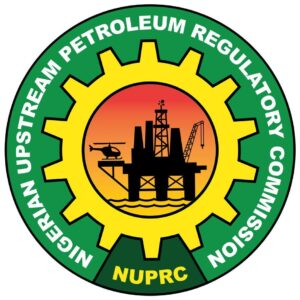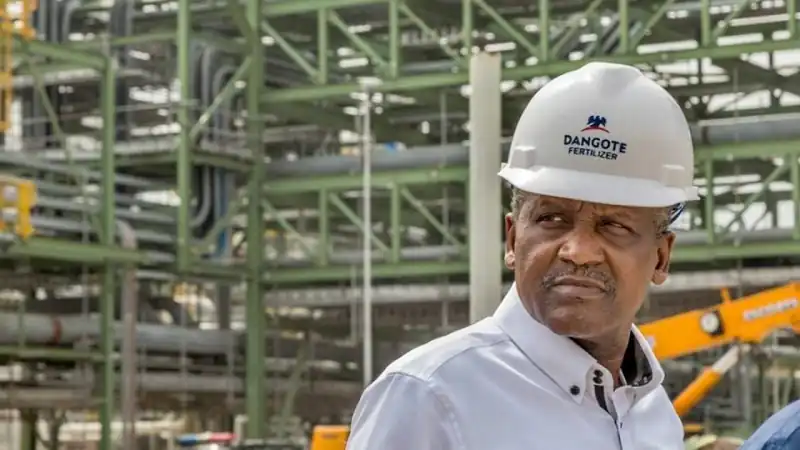The Dangote Petroleum Refinery yesterday said it had recorded 22 incidents of sabotage since it began operation at the 650,000 crude per day capacity refinery.
This is as the company insisted that the reorganisation carried out at the refinery had nothing to do with the Petroleum and Natural Gas Senior Staff Association of Nigeria (PENGASSAN).
Weekend Trust reports that the reorganisation affected no fewer than 800 staff working at the refinery, which triggered the strike embarked upon by PENGASSAN before it was suspended after the intervention of the federal government.
Speaking with newsmen at the refinery when a former presidential aide and social media influencer, Reno Omokri embarked on a tour of the 650,000 crude per day capacity refinery, the vice president, Oil and Gas, Dangote Industries Limited, Mr Devakumar Edwin, revealed that the refinery recorded no fewer than 22 incidents of attempted sabotage since it began operations.
Also on the tour was the chairman of Bayelsa Traditional Rulers’ Council, King Bubaraye Dakolo.
The company said these deliberate acts were targeted at disrupting production and damaging equipment but were all successfully contained, thanks to the refinery’s advanced safety systems.
Edwin also dismissed recent speculations that the refinery was facing operational or crude supply problems, describing the claims as “completely wrong” and part of a pattern of misinformation aimed at discrediting the refinery’s progress.
He said, “We have been under repeated attacks. Initially, they said the refinery would never come up. Then they said it would not be commissioned or start production. Later, they spread false news about gas supply problems. Now, they are trying to insinuate operational breakdowns. None of that is true.”
Edwin disclosed that the refinery currently has over 312 million litres of petrol in its storage tanks, aside from ongoing daily production.
With a processing capacity of 650,000 barrels per day, he said the plant was capable of meeting Nigeria’s entire demand for petrol, diesel (AGO) and aviation fuel (Jet A1), while still exporting nearly 50 per cent of its products.
On the reported acts of sabotage, Edwin said the company had documented all incidents, including the specific dates and units affected.
“We have experienced 22 cases of sabotage. In some cases, people tried to start fires or open valves to cause damage. Fortunately, because this is an ultra-modern refinery, our fire protection system immediately detects and controls such incidents,” he stated.
Omokri, who visited the refinery section of the Dangote Fertiliser Plant, the Dangote Quays where fertilisers and other products are being shipped abroad, said Nigerians had no option than to support the refinery to succeed.
At the refinery’s terminal, Omokri was amazed with the scale of export activity already taking place at the facility, disclosing that about 650 ships had loaded products from the refinery within the past year.
“In less than a year, 650 ships have come here to load petroleum products for export. That’s an incredible achievement,” he said.
Omokri explained that the true strength of a country’s currency lies not in its volume but in the productive and export capacity of its economy.
He stressed that the more Nigeria produces and exports, the stronger the naira becomes, adding that both citizens and institutions must support the refinery’s operations.
King Bubaraye Dakolo commended the Dangote Group for the scale and impact of the refinery, describing it as a “revolutionary investment” that must be sustained for the benefit of Nigeria’ economy.




